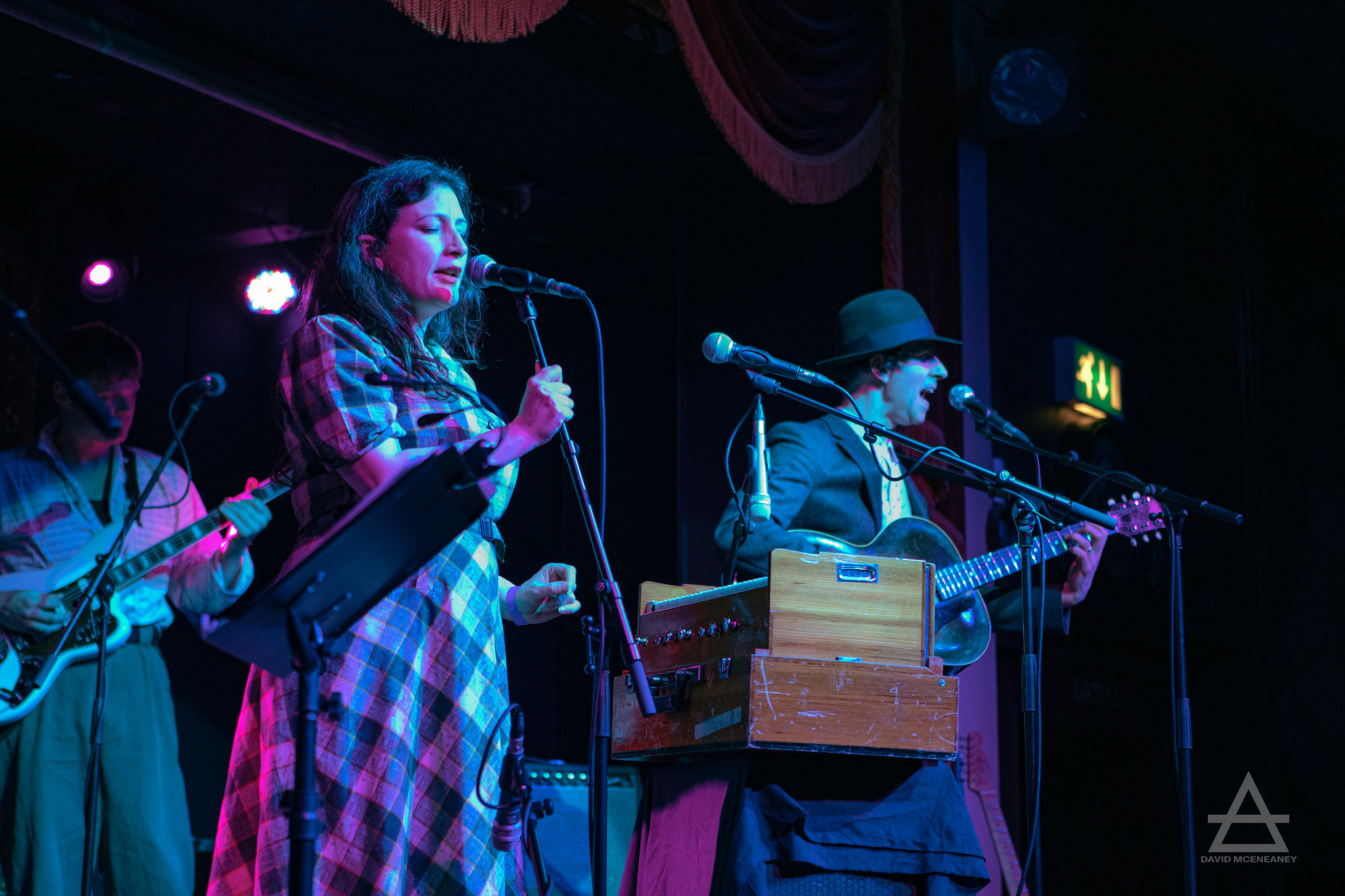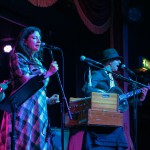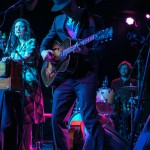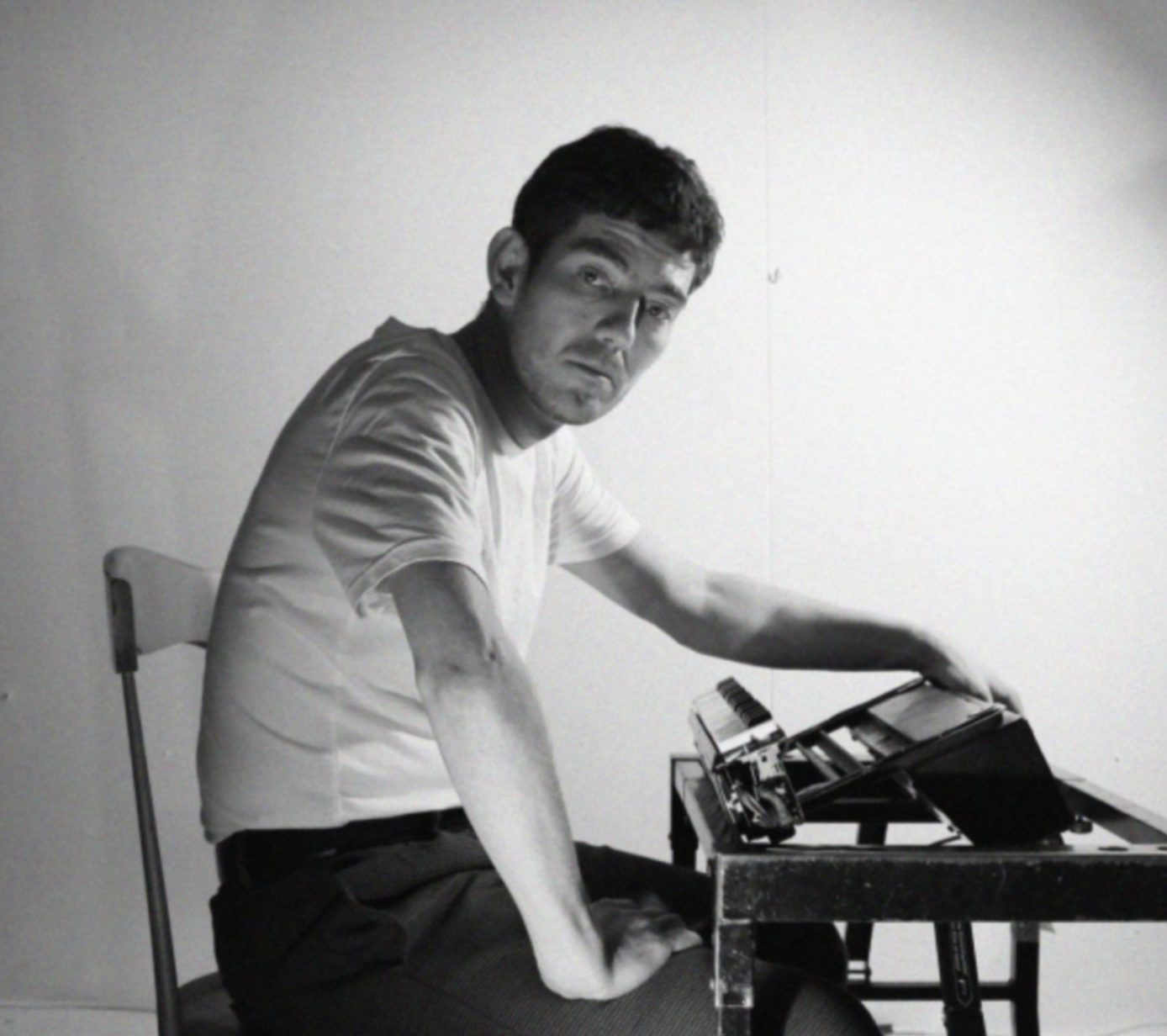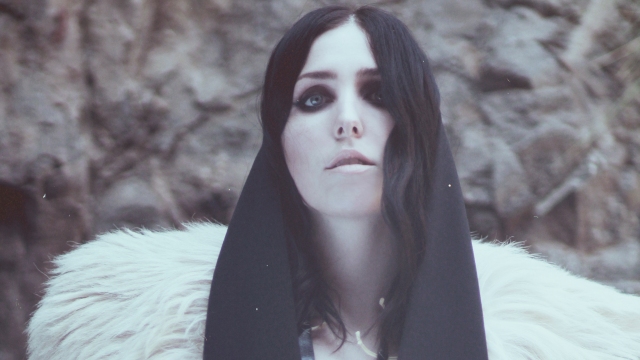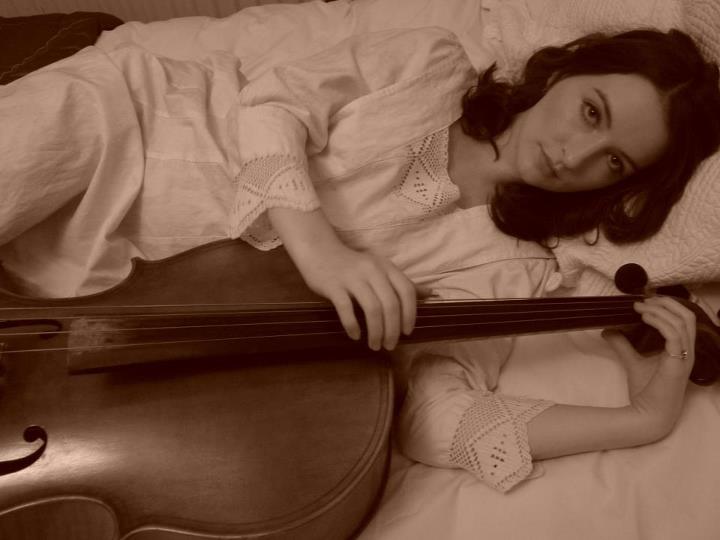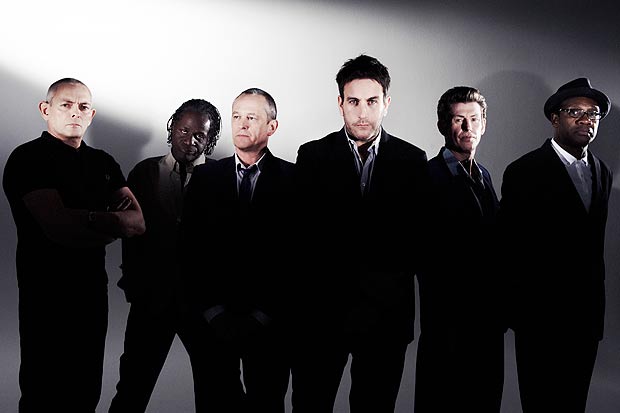Paul Smith and Rachel Unthank reimagine radical futures through the lens of traditional folk and new songs from and about the north of England during a spellbinding Monday evening in the Empire Music Hall.
Shape-shifting arrangements veer from unaccompanied close harmony to mesmerising full band jazz-inflected work-outs. Alex Neilson from free-improvisation folk group Trembling Bells provides an eerie psych-folk backdrop on drums. Accompaniment on clarinet is provided by Faye McCalman from avant-jazz group Archipelago.
The Maximo Park frontman adds a sharp pop nous to the songs from their recent record Nowhere and Everywhere – performed in its entirety tonight. The album was recorded in late 2018 with its release subsequently delayed by the pandemic. In the time in between the Unthanks released the excellent Sorrows Away, their most conventional album in years. It’s tempting to imagine its increased accessibility was influenced by Nowhere and Everywhere’s economy and thematic focus.
Heart-scraping folk tales with contemporary relevance like ‘Captain Bover’ – a song about a notorious press gang captain who was regarded locally with considerable dread for the tyrannical measures he used in order to furnish the British Navy with desperate men – reach for tenderness in the closeness of Unthank’s and Smith’s harmonies. Similarly, ‘The Wren’ a pastoral folk hymn to joy, health, love and peace based on the ritual slaughter, symbolises the death of Winter with sunny, bright close singing.
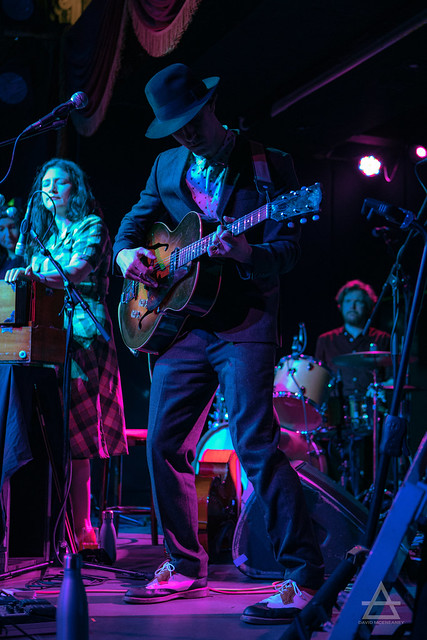
The set’s journey is a half-light, half-darkening mix of old and new. Paul Smith’s original ‘The Natural Urge’ is a minor key folk gem that ruminates on human instinct to control and manipulate. The harmonium-led drone of Rachel Unthank’s ‘Seven Tears’ is a stunningly immersive account of the mythical selkie’s transition from sea creature to land creature for love, comfort and acceptance. The contemporary resonance speaks for itself. The final original ‘Robert Kay’ is a spare acoustic lament commemorating a fallen World War I soldier.
‘Lord Bateman’ – a roving ballad that has crossed the Atlantic and back in its various interpretations sways with a conventional but compelling grandeur before the set closes with a cover of Richard and Linda Thompson’s ‘I want to see the bright lights tonight.’
Both record and live performance are rooted in myth and legacy of people and place – specifically the rivers of the Tyne, Tees and Wear. Unthank:Smith holds a love of the North East closely but not tightly, drawing this Belfast audience into their world with grace and good humour. Jonny Currie

